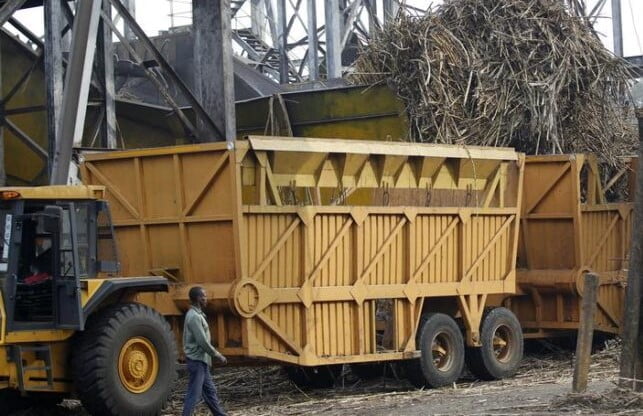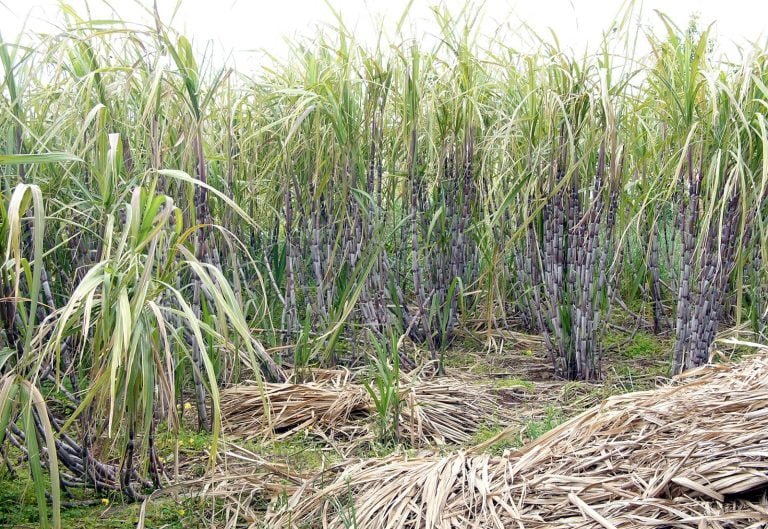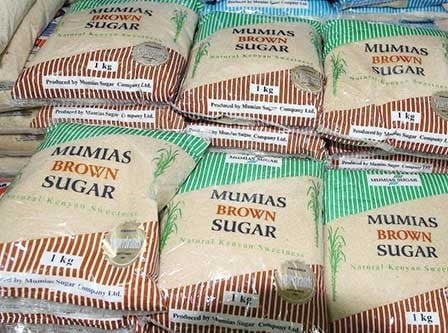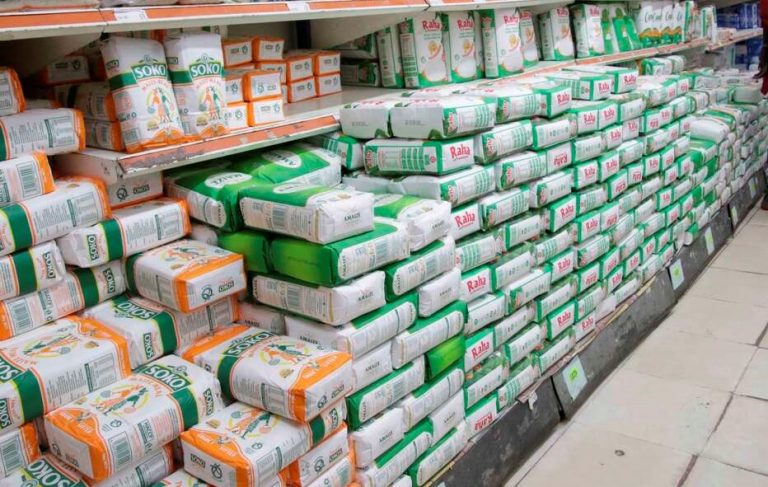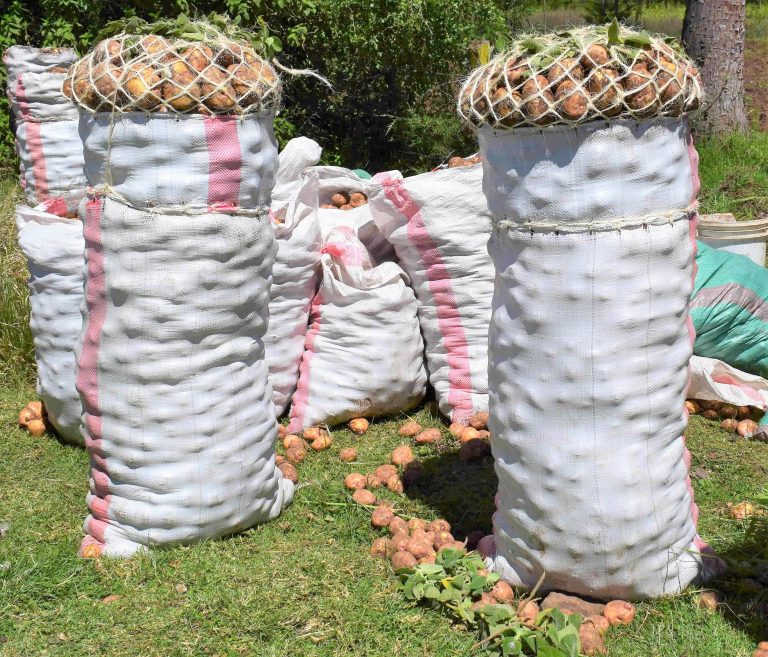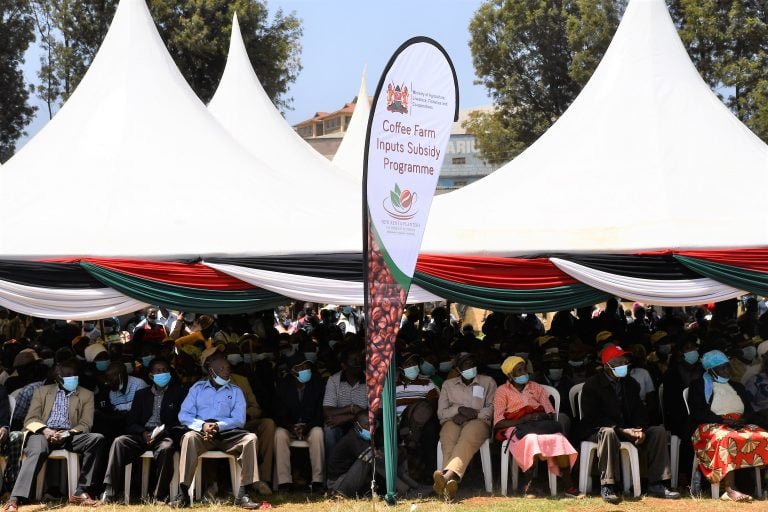The sugar sector is to undergo reforms in order to bring the once booming sector back to life. One of this is leasing the state-owned sugar factories.
The Cabinet has decided to approve the lease of five (5) state-owned sugar factories. The factories will be leased through long term leases, at least 20 years. Agriculture CS Peter Munya says the model the government will use is a transfer the Right of Use (ROU) of each factory to the lessee on an “as is where is” principle. The RoU shall be on a firm commitment that the lessee will re-develop and operate the factory to meet the government’s objective of higher farmers’ income and increased profitability through the production of ethanol and generation of power.
The CS says the objective is to facilitate the turn-around of the now dead or underperforming sugar companies and return them to profitability by modernization and efficient management. He adds that this will not only make Kenya compliant with her regional partners but it will also enhance the competitiveness of Kenyan Sugar in both the local and global markets.
The five factories slatted for leasing are:
- Chemelil Sugar Company Ltd.,
- Miwani Sugar Company (1989) Ltd. (already under receivership),
- Muhoroni Sugar Company Ltd. (already under receivership),
- Nzoia Sugar Company Ltd., and
- South Nyanza Sugar Company Ltd.
“In the domestic market, these Sugar factories have a combined share of 30% of the sugar industry market. The potential for increase is significant. At the moment, sugar consumption in Kenya is approximately 1 million tonnes per annum. We import between 350 million metric tonnes and 400 million metric tonnes. The truth is that if government-owned factories were producing at capacity and farmers were growing high sucrose content cane, Kenya would be an exporter rather than an importer of Sugar. The idea behind leasing is that Government will invite investors with experience in the Global Sugar Industry. Our focus will be on Sugar (main product), and co-production (ethanol) and co-generation (power) and value add products such as Industrial Sugar, Pharma Sugar, and Sugar cubes, etc. The Government believes that this will have two benefits: reduce Sugar’s price through cross-subsidies and reduce the cost of power,” says Munya.
To make factories attractive to leaseholders, the Cabinet has approved debt write-off as follows:
• All debt owed to Government and the former Kenya Sugar Board/Commodities Fund as at 31st December 2019;
• All Growers’ debts owed to the former Kenya Sugar Board/Commodities Fund as at 31st December 2019;
• All tax penalties and related interest accrued as at 30th June 2009, and any additional interest and penalties that have accrued since then.
In consideration of this, the leaseholders will be expected to revamp and modernize the sugar mills to the point where they can generate power and produce ethanol.
The CS says the Ministry has finalized the draft documents and has forwarded these to the Attorney General. Upon his concurrence, they shall advertise for the leases on Monday next week.


